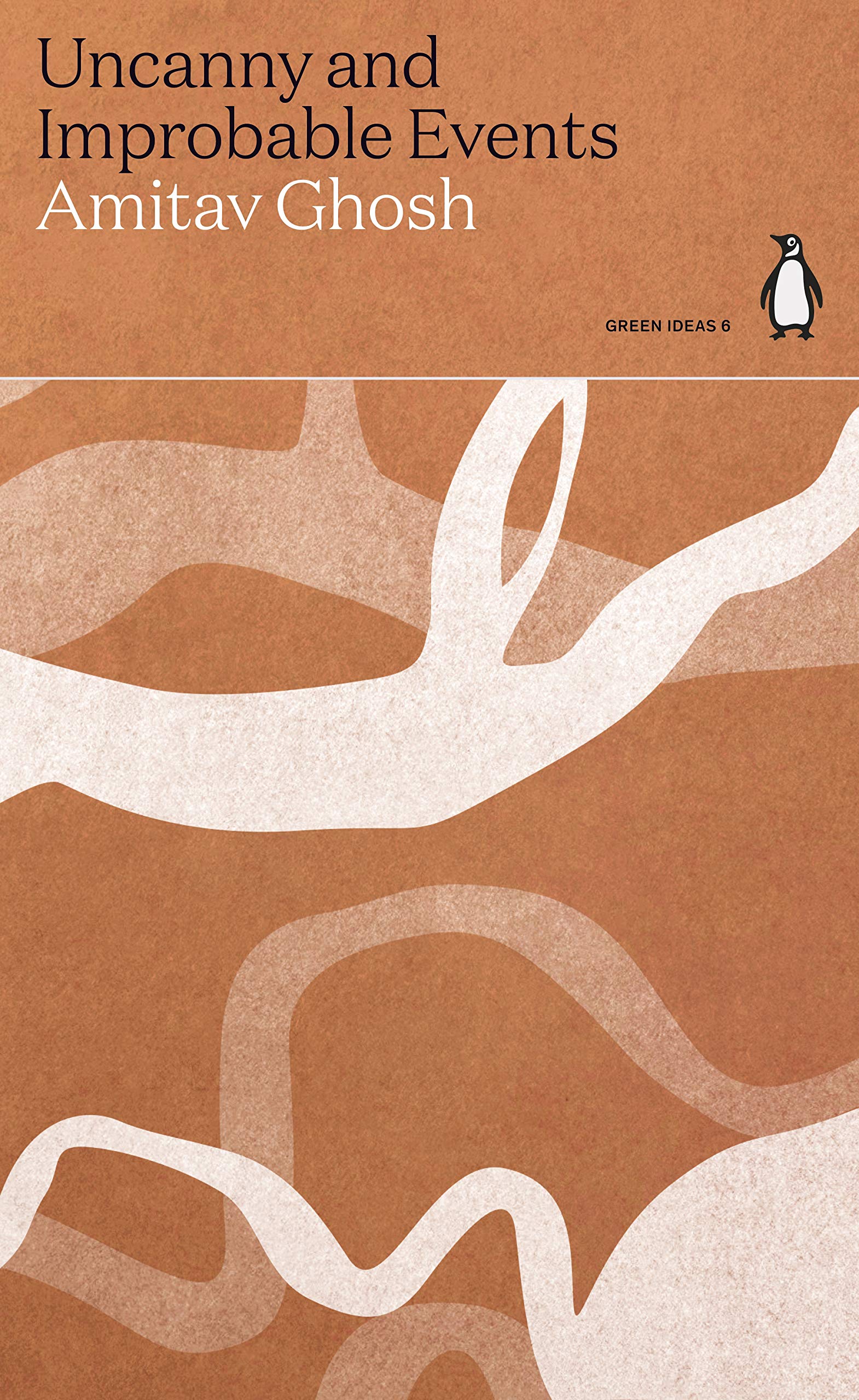What do you think?
Rate this book


118 pages, Kindle Edition
Published August 26, 2021
[Meteorologist] Sobel goes on to make the argument, as have many others, that human beings are intrinsically unable to prepare for rare events. But has this really been the case throughout human history? Or is it rather an aspect of the unconscious patterns of thought – or ‘common sense’ – that gained ascendancy with a growing faith in ‘the regularity of bourgeois life’? I suspect that human beings were generally catastrophists at heart until their instinctive awareness of the earth’s unpredictability was gradually supplanted by a belief in uniformitarianism – a regime of ideas that was supported by scientific theories like Lyell’s, and also by a range of governmental practices that were informed by statistics and probability.
[…]
But in the era of global warming, nothing is really far away; there is no place where the orderly expectations of bourgeois life hold unchallenged sway. It is as though our earth had become a literary critic and were laughing at Flaubert, Bankim, and their like, mocking their mockery of the ‘prodigious happenings’ that occur so often in romance and epic poems.
This, then, is the first of the many ways in which the age of global warming defies both literary fiction and contemporary common sense: the weather events of this time have a very degree of improbability. They are not easily accommodated in the deliberately prosaic world of serious prose fiction
The [World Bank climate change risk] report forced me to face a question that eventually confronts everybody who takes the trouble to inform themselves about climate change: what can I do to protect my family and loved ones how that I know what lies ahead?
[…]
The experience did make me recognise something that I would otherwise have been loathe to admit: contrary to what I might like to think, my life is not guided by reason; it is ruled, rather, by the inertia of habitual motion. This is indeed the condition of the vast majority of human beings, which is why very few of us will be able to adapt to global warming if it is left to us, as individuals, to make the necessary changes; those who will uproot themselves and make the right preparations are precisely those obsessed monomaniacs who appear to be on the borderline of lunacy.
It is surely no accident that colonial cities like Mumbai, New York, Boston, and Kolkata were all brought into being through early globalisation. They were linked to each other not only through the circumstances of their founding but also through patterns of trade that expanded and accelerated Western economies. Those cities were thus the drivers of the very processes that now threaten them with destruction. In that sense, their predicament is but an especially heightened instance of a plight that is now universal.
Is isn’t only in retrospect that the siting of some of these cities now appear as acts of utter recklessness: Bombay’s first Parsi residents were reluctant to leave older, more sheltered ports like Surat and Navsari, and had to be offered financial incentives to move to the newly founded city. Similarly, Qing dynasty officials were astonished to learn that the British intended to build a city on the island of Hong Kong: why would anyone want to create a settlement in a place that was so exposed to the vagaries of the earth?
[…]
This too is an aspect of the uncanny in the history of our relations with our environments. It is not as if we had not been warned; it is not as if we were ignorant of the risks. An awareness of the precariousness of human existence is to be found in every culture.